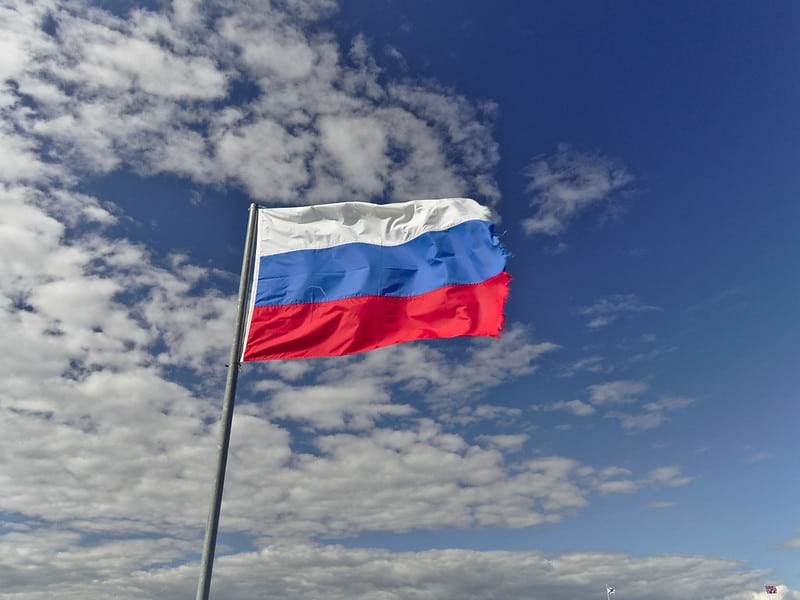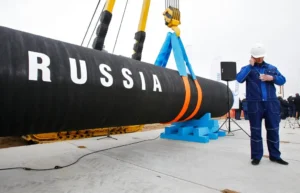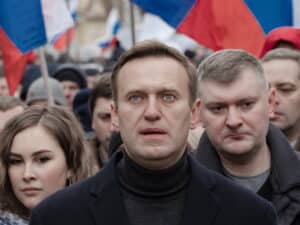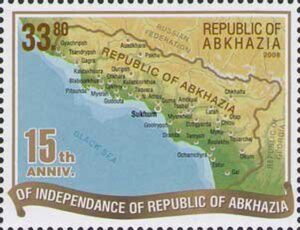From September 17 to 19, Russia will hold its parliamentary elections for the lower house of the state parliament, also called the State Duma. The State Duma is officially the representative legislative body of state power in Russia. Though still less powerful than the presidency, the Duma has acquired some expanded responsibilities, particularly regarding economics.
After the previous elections in 2016, four parties received more than 3% of the votes, ensuring a seat in the Duma. United Russia, the party most in favour of President Putin and which has supported President Putin for nearly his entire presidency, has long been the biggest party in the Duma, winning 343 seats in the 2016 elections. However, in line with Russia’s reputation of not being a fair state, there were reports of election irregularities, and the victory of United Russia was not surprising. Election polls and reports of election manipulation show that the outcome of this year’s elections will probably be similar, with United Russia coming out as the winner.
United Russia
In the previous election in 2016 United Russia obtained enough seats for a constitutional majority, but whether it will hold on to that majority is not entirely certain. State polling has shown that United Russia has lost popularity, with only 26% of Russians planning to vote for the party, the lowest rating since 2008. Nevertheless, few opponents truly doubt that United Russia will win the elections comfortably, as there have been numerous reports of election fraud in this year’s elections.
‘Least free elections’ in 20 years
Opinion papers, opposition politicians and independent election observers have stated that this year’s election in Russia could not only end up unfair, but even the ‘least free elections’ in 20 years. In the run-up to the elections, the Russian government has moved to repress opposition voices and increase the difficulty to vote for the desired candidate for the voters. Many of the opposition politicians have been jailed, put under house arrest, or fled abroad. One example is Dmitry Gudkov, a former parliament member who crossed the border to Ukraine to protect his family from the Kremlin and potential backlash for his politics.
Other reports state that the Kremlin is encouraging online voting, and opponents indicate that this is a method to make it easier for the Kremlin to alter the outcomes. Furthermore, some reports indicate other, more prominent methods the Kremlin is using to guide the electoral results. For example, it has been reported that university students in St. Petersburg are offered cash to stuff ballots in the upcoming elections, to ensure votes for United Russia.
Opposition via tactical voting
Regardless of the less-than-promising reports, opposition groups are still active in Russia, particularly the organization of Navalny, the jailed opposition politician. The organization has started up a tactical voting campaign to deal a blow to United Russia in these coming elections. By use of an app, the campaign urges followers to sign up to be allocated a candidate judged to have the best chance of defeating United Russia in their election district. However, the Kremlin is now deploying tools to control the internet and disrupt the app and the tactical voting campaign of Navalny and his allies. It is therefore unsure how successful the opposition will prove to be during these elections.
Sources: The Guardian, Meduza, Reuters, Voanews
Photo: Flickr



